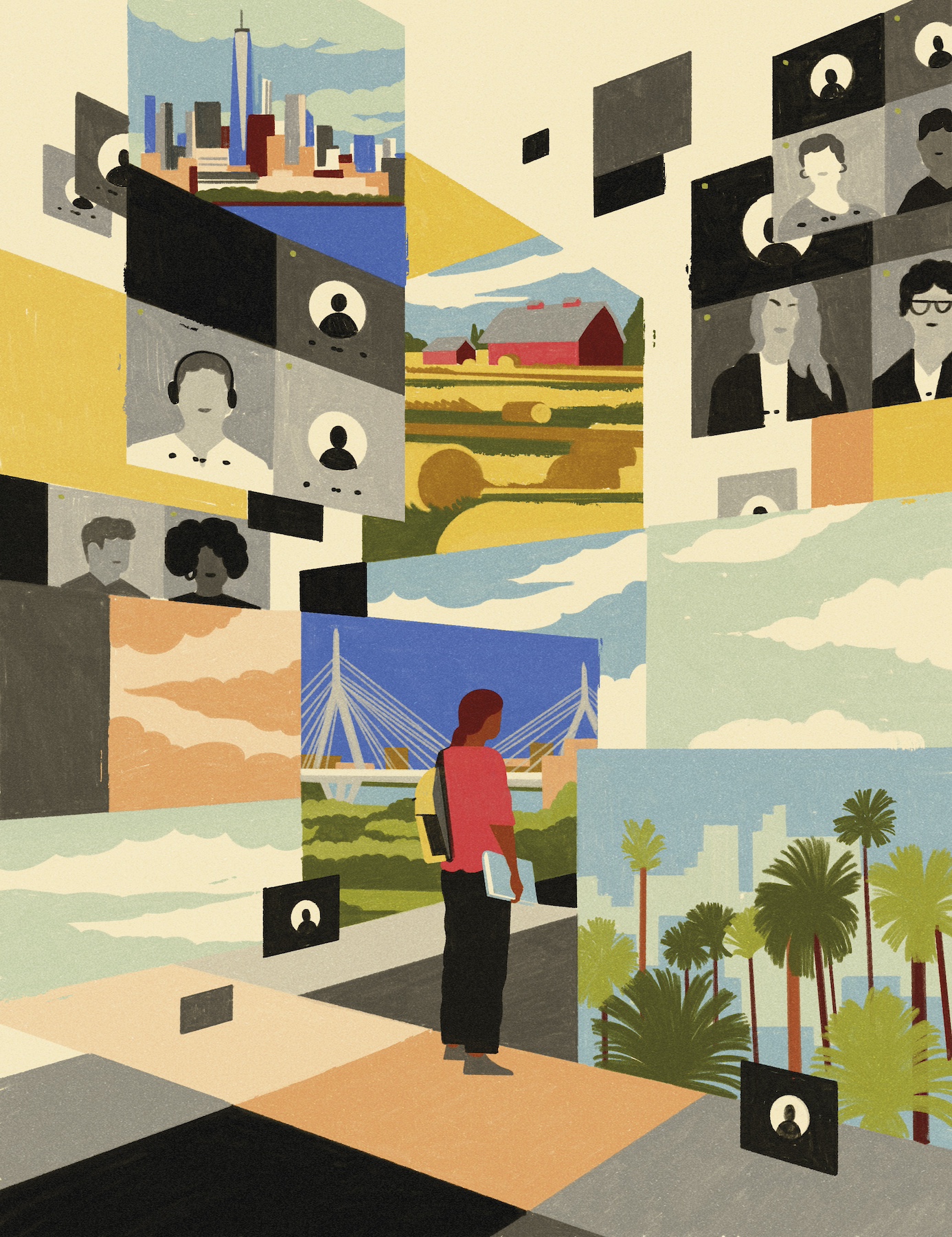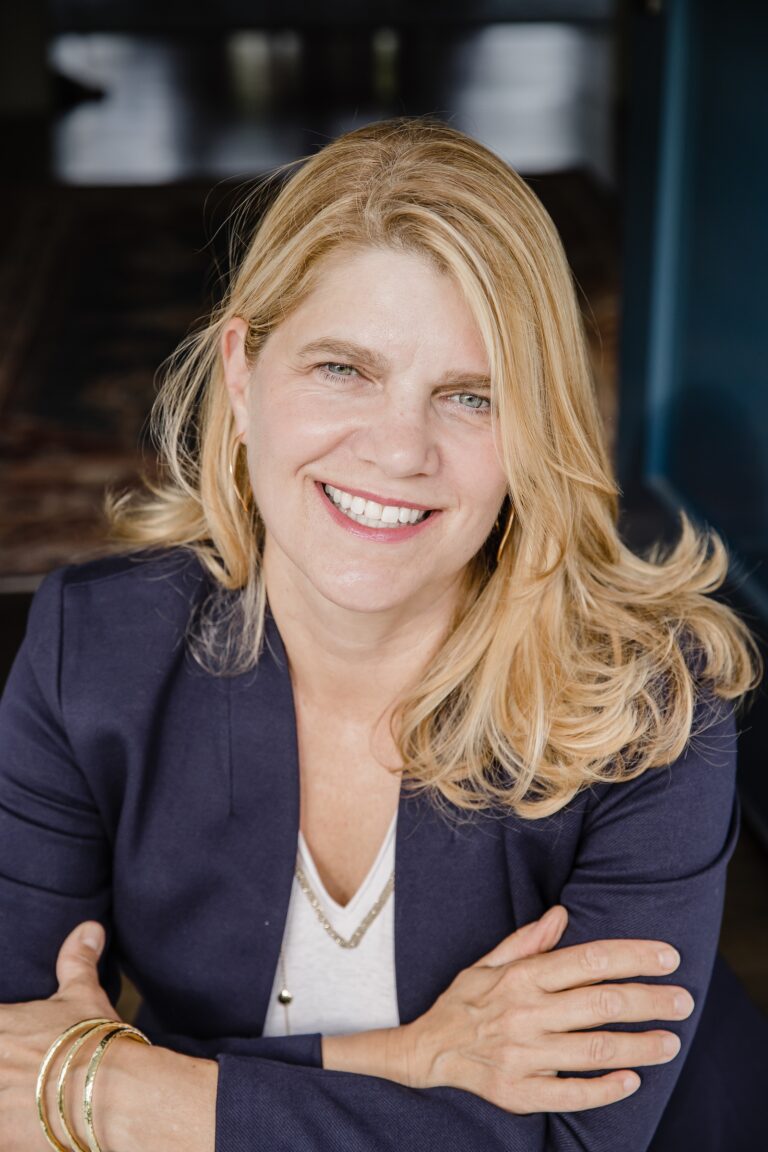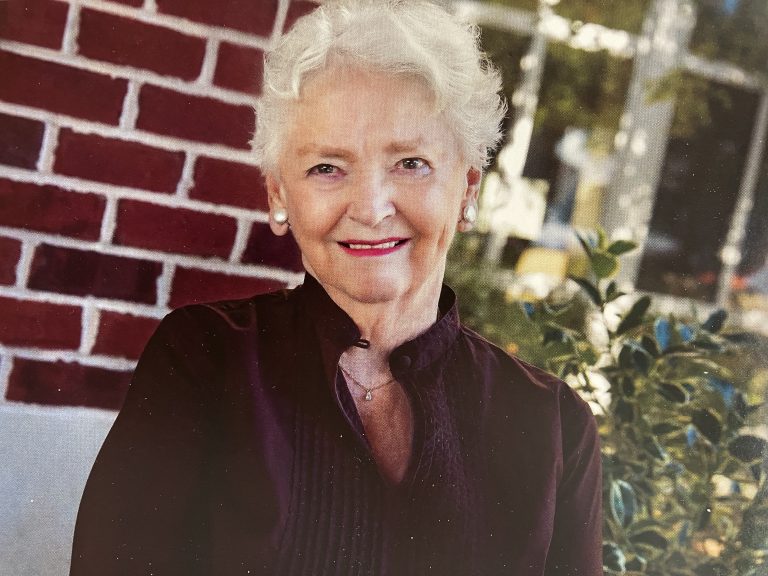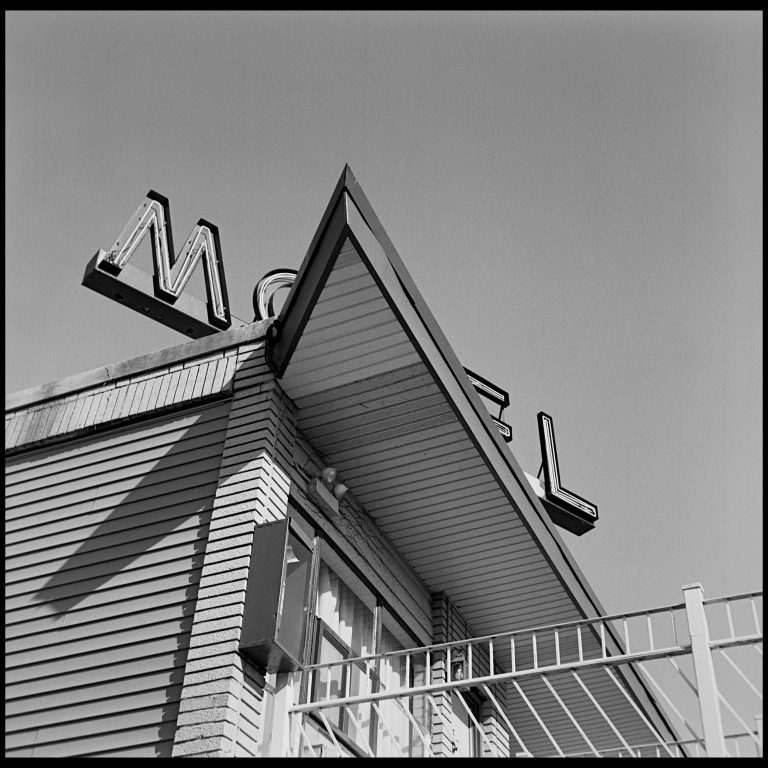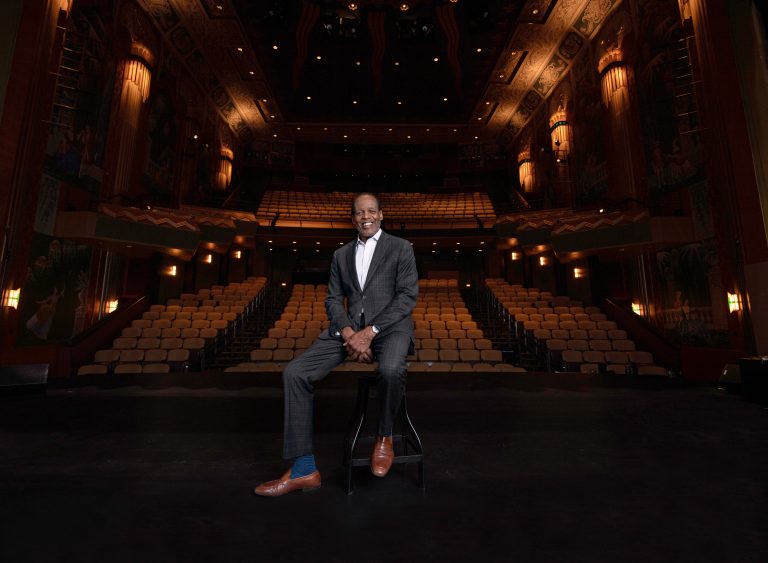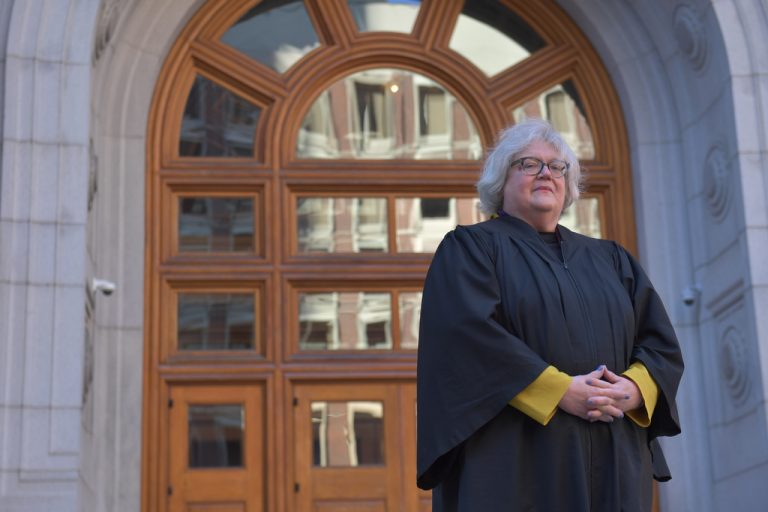From Disruption to Success
Everyone remembers where they were when the world shut down in March 2020.
At Emerson—like on college campuses everywhere—classes and internships moved online, and students, faculty, and staff were sent home to wait it out.
Two weeks turned into a month, turned into the rest of the semester.
Despite the uncertainty, disruption, and anxiety, members of the Class of 2020 finished their degrees and were launched into a whole new world. Five years later, we asked four alums who graduated that spring how the pandemic shaped them and how they’re putting their Emerson education to work today.
Kate Nelson ’20
Co-founder and Head of Brand
The Farmlink Project
Kate Nelson ’20 was studying at Emerson Los Angeles and was about two months into an internship with sketch comedy group Upright Citizens Brigade when the pandemic hit. A Communication Studies major, she had her sights set on a career in comedy and had just shelled out money for headshots.
As the world shrank into itself and the supply chains broke apart, Nelson and friends began noticing longer lines at food banks, as well as some disturbing reports on the news.
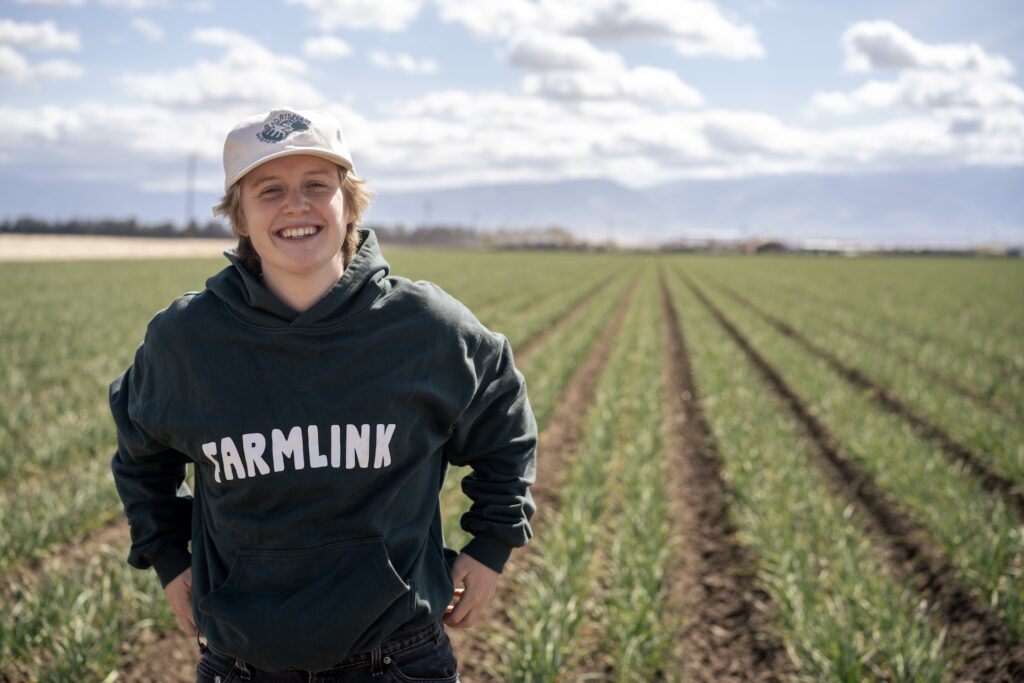
“We all remember seeing videos of farmers literally throwing away food. One farmer dug a ditch and just was burying thousands of onions. It didn’t really add up,” Nelson said.
Nelson’s friends in LA and her brother, Jake Nelson ’19, hatched a plan to call all the farms they could find within a reasonable radius of LA and convince them to hand over their surplus produce. Eventually, one farmer agreed to give them 40,000 pounds of eggs—if they could come get them. The young team rented a U-Haul, delivered the eggs to a Los Angeles food bank, and then started the process all over again.
The Farmlink Project quickly became national with the help of Zoom, with Nelson and friends based in New England connecting and coordinating food deliveries with other students across the country, including her brother Jake in Southern California. Soon, the team was getting attention.
“By mid-May, we were on ABC World News— David Muir covered us. And then we were on NBC and Fox and all these [channels]. And that’s when it really took off,” she said.
By July 2020, they had delivered 5 million pounds of food to organizations in 29 states, and hundreds of college students had volunteered to help move produce from farms to food banks. Later that summer, The Farmlink Project became a certified 501(c)(3).
But as COVID restrictions loosened and college students—Farmlink’s entire workforce—headed back to actual classrooms or began looking for paying jobs, Nelson and her team were left with a choice: Call it quits or try to grow it even bigger. They decided to double down. To date, The Farmlink Project has moved about 300 million pounds of food, averaging 1 million pounds per week, with 26 full-time employees, Nelson said.
“The pandemic was really just a spotlight on these lasting issues that have been around since the genesis of the food system in this country,” she said. “Every single year, we waste a third of the food that we grow, and COVID was not special in that sense. If anything, it just made everyone more aware of it.”
American farms have the capacity to feed everyone in the country, Nelson said, but so much of our food is lost at so many points in the supply chain. She gives two examples.
Two farmers in different states may be contracted with the same buyer to grow, say, cabbages, for them. The contract owner can decide at any time to buy cabbages from just one of the farmers, leaving the other one no outlet for his cabbages, so they go to waste. Food also can be lost post-harvest, in cold storage or warehouses, where produce is rejected for distribution to markets because of blemishes or storage conditions, neither of which affect the nutritional value or taste.
The Farmlink Project intercepts food that otherwise would be wasted at any point in the supply chain prior to the supermarket. They never deliver food that isn’t wanted, because that just creates more waste, Nelson said. They also take care to keep produce as local as possible, in order to maximize freshness and keep their carbon footprint in check. And they try to be culturally sensitive when delivering food to different regions or neighborhoods, she said.
Most food banks have to purchase the food that they’re giving out for free, so that incentivizes them to buy shelf-stable goods that don’t spoil over fresh food, Nelson said.
“Being able to provide food at zero cost means that we can dramatically increase the amount of fresh food in the food banking system, so that everyone has the dignity to choose fresh food when they want it,” she said.
Nelson said while The Farmlink Project is a far cry from sketch comedy, the skills she learned at Emerson have been put to good use, both in building the organization and, as the nonprofit’s head of brand, in promoting it.
“I think COVID was really this moment of [realizing] there are other things that need to be solved before I do [comedy],” she said, “Emerson was helpful in setting me up with phenomenal communication skills. I think that was pretty critical in starting a nonprofit in the middle of a pandemic.”
Lucas Raagas ’20
Academy Manager
The Loop Lab
Lucas Raagas ’20 had his future all planned out by his junior year of high school. He would major in Journalism; get his degree; and move to an exciting city to tell stories that make a difference in people’s lives.
The Cambridge, MA, native was in the middle of his Journalism capstone on multimedia reporting when the pandemic struck.
“The second we all went remote, everyone was like, ‘How am I going to report on something when I can’t leave my room?’” he recalled.
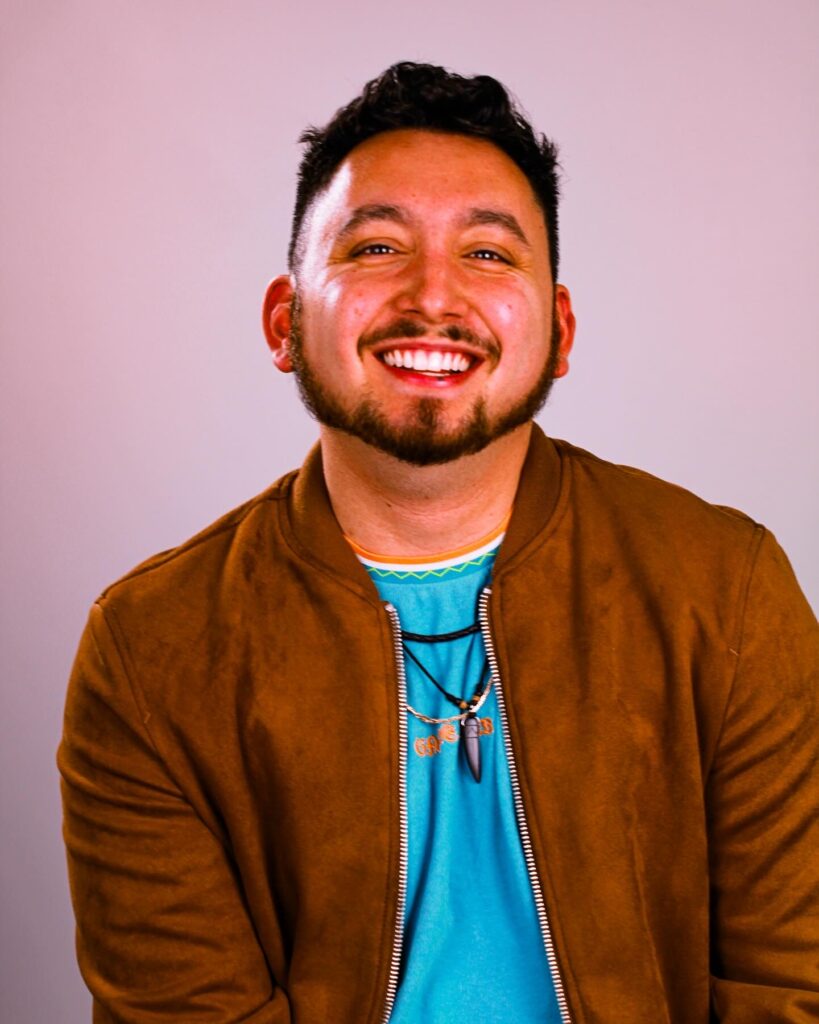
Raagas was able to complete his capstone project with the help of “a billion Zoom calls,” but suddenly his plan to move to London or Miami or Chicago seemed a little less assured.
The following fall, Raagas landed a job as a paraprofessional at his old elementary school, where he found he loved teaching.
That positive experience carried over into his next job search–still in education.
“I tried to find a role that [was] hyper-focused on…media or teaching, but when I found The Loop Lab, it was a perfect mix of both,” said Raagas, who joined the organization in 2021. “And it was a mission that I really resonated with, of trying to empower folks and uplift other people that didn’t necessarily have the same opportunities that I did.”
The Loop Lab is a Cambridge-based nonprofit for teens and young adults from “underestimated” populations in Greater Boston to learn about media arts.
Through short classes on focused topics, often taught with community partners or via The Loop Lab’s flagship, yearlong training/ apprenticeship program, students learn the hard and soft skills necessary to get a job at a music studio, a live event venue, a film production company, or any organization that needs people trained in multimedia.
Raagas, as academy manager, writes curriculum for many of The Loop Lab’s courses, teaches classes himself, trains others to teach, and works with partner organizations to create individual classes. Even when he was still a student at Emerson working toward his goal of becoming a journalist, Raagas said he began to wrestle with his impulse to advocate for social justice issues.
“I was like, I can either report on something that would spark somebody else to do something about it, or I can just do it, right? The skills of being a journalist are very transferable. Research, writing, synthesizing all of that together and being very thorough and holistic and organized—[it’s] translatable to almost any field you want to go into.”
Ann Lyuwenyu Zhang ’20
PhD Candidate in Cinema Studies
New York University
In March 2020, Ann Lyuwenyu Zhang ’20 was studying at Emerson Los Angeles (ELA) and interning at Los Angeles Contemporary Exhibitions (LACE), where she was learning about curation and arts administration.
The internship was going well, and Zhang thought there was a good chance of extending it beyond graduation. When the pandemic forced all internships to go remote, LACE initially kept Zhang on virtually, but by that April, it was clear that there was too much gallery work that couldn’t be done remotely.
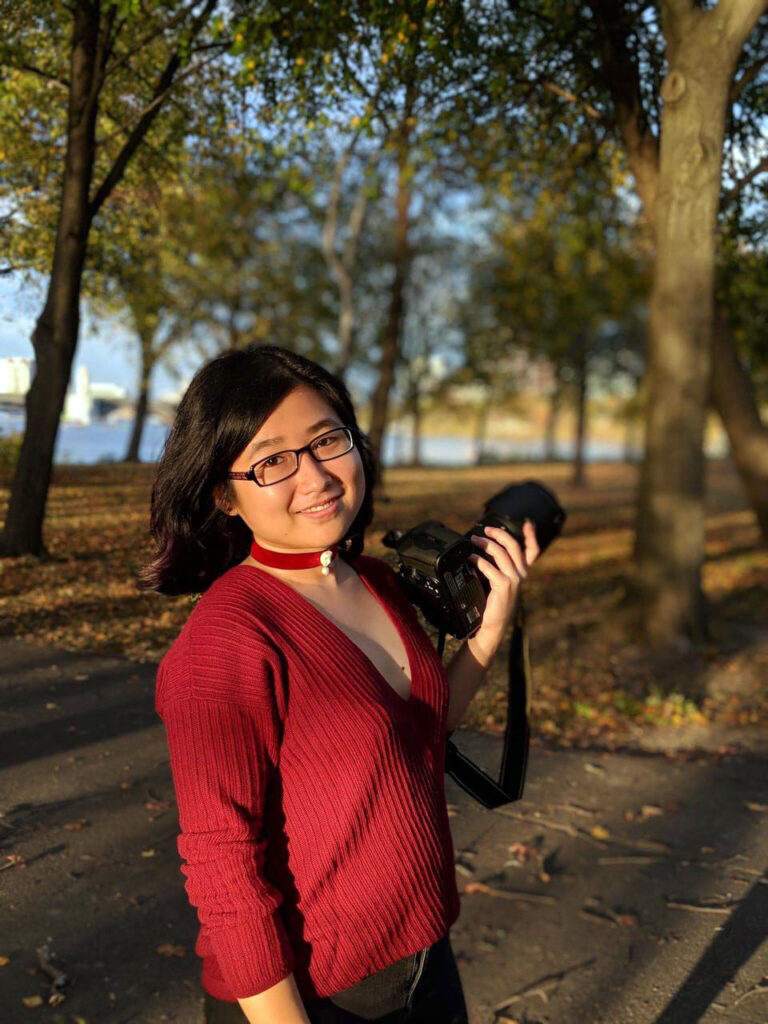
With no immediate job prospect, Zhang, who was allowed to stay at ELA as an international student, turned to her back-up plan. In the fall of 2019, she had applied to the University of Southern California as a “cushion” against a post-graduation job market she couldn’t predict. That cushion—a master’s degree in media studies—turned out to be an auspicious plan.
“I enjoyed teaching during that time, and that, combined with my research and the archive at USC, sort of pushed me to [think], ‘Maybe I should go directly into a PhD program and choose a career in academia,’” she said.
Today, Zhang is a PhD candidate in cinema studies at New York University, working on her dissertation, “Keeping Other Memories: Inside Unofficial Chinese Moving Image Archives.” For her research, she’s looking at Chinese-language film archives created by artist collectives, personal collectors, and film connoisseurs throughout the world. (She spoke to Expression from Shanghai.)
Her dissertation springs from her interest in image archiving and preservation—an interest that blossomed at Emerson. As a Photography minor, she spent a lot of time pouring chemicals in the photo lab in Ansin, as well as helping maintain the dozens of Bolex cameras that the College owns.
“I learned a lot, and I really enjoyed the material culture of film, so that’s where this research interest really started,” Zhang said. When Zhang looks back at the end of her time at Emerson, there are milestones she knows she missed. Her parents had planned to fly to Boston from China to attend her commencement in 2020. (As it happened, she wouldn’t see them for two years.) She wishes she could have posed for photos with her friends in their caps and gowns.
But despite graduating in a pandemic, Zhang said she has no regrets.
“I’m very happy with what I’m doing right now, and I wouldn’t have found post-secondary teaching if I didn’t go to grad school.”
Brian Roque ’20
Head of Digital Communications
The Ally Coalition
Ever since he was a kid growing up in Rhode Island, Brian Roque ’20 dreamed of Los Angeles.
The Comedic Arts major got a taste of the city in the spring of 2020, when he did a semester at Emerson Los Angeles and had an internship at a virtual reality company. But when he had to fly home that March, he had no way of knowing when he’d be back.
That summer, Roque felt the pull of Los Angeles again. The two months he’d spent at ELA were enough of an introduction to the city to entice him to return. (That and he and his friends realized their cars were still parked in the ELA garage.)
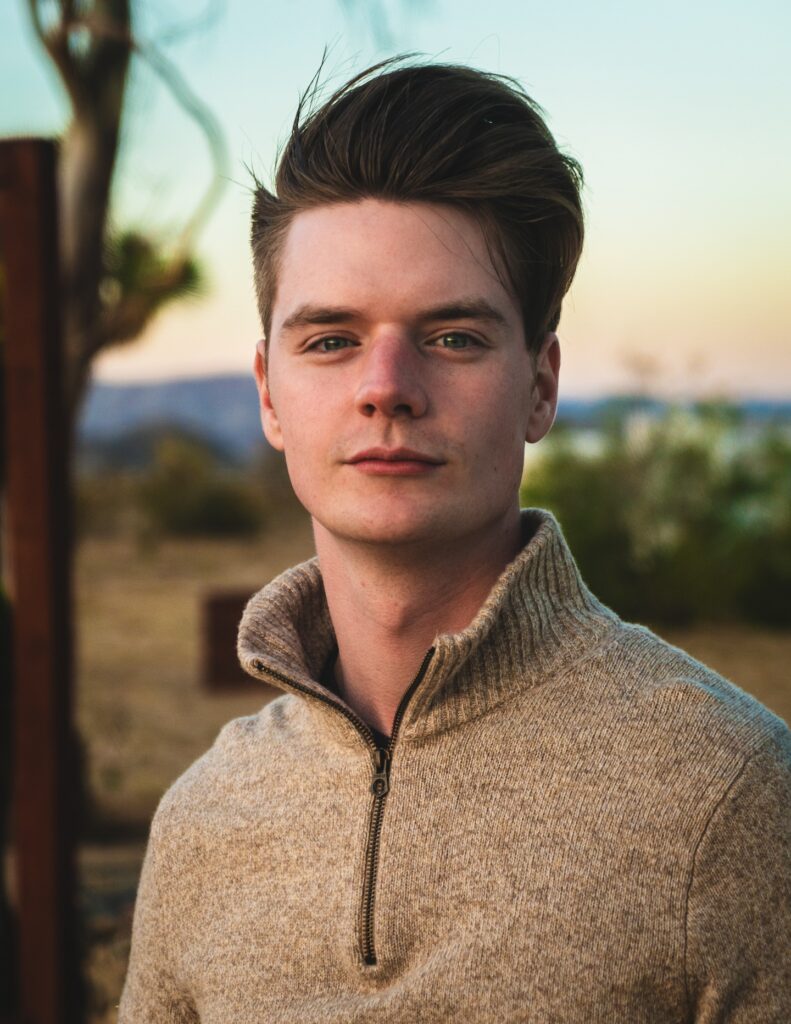
Today, Roque is still in his dream city, where he puts his comedy background, gift for storytelling, and social media savvy to work on behalf of LGBTQ+ youth at The Ally Coalition (TAC).
Founded by Jack Antonoff, of the rock band Bleachers, and his sister, fashion designer Rachel Antonoff, to support LGBTQ+ youth experiencing homelessness, TAC partners with touring musicians to bring local organizations to shows to educate fans about trans rights, LGBTQ+ equality, and mental health support.
As head of digital communications, Roque and Geoff Morrissey ’20, TAC’s director of operations and community engagement, interview artists about LGBTQ+ issues and produce social media posts that engage people far beyond the venues.
“To be able to be sort of the middle person between these musicians and artists and connect with the local organizations to form these alliances has been something that every single day I’m so excited to log onto my computer and start doing,” Roque said.
Alongside his work for TAC, Roque has been building his own social media audience; to date, he has 58,900 followers and 2.8 million likes on TikTok, where he tells funny personal stories, usually in his car. And he still performs whenever he’s asked—in friends’ short films, plays, and musicals—just like when he was at Emerson.
In fact, Roque said he’s reminded regularly that he’s not so far from Emerson.
“I’ll go to Trader Joe’s and all of a sudden I’ll recognize someone that I was in a class with sophomore year, or I’ll go out to a restaurant and there’s somebody that I was on set with three years ago,” he said. “LA is this place that so many people from Emerson have found solace in and love…and even form relationships that fulfill them in amazing ways.”
Illustration by Andrea Mongia

